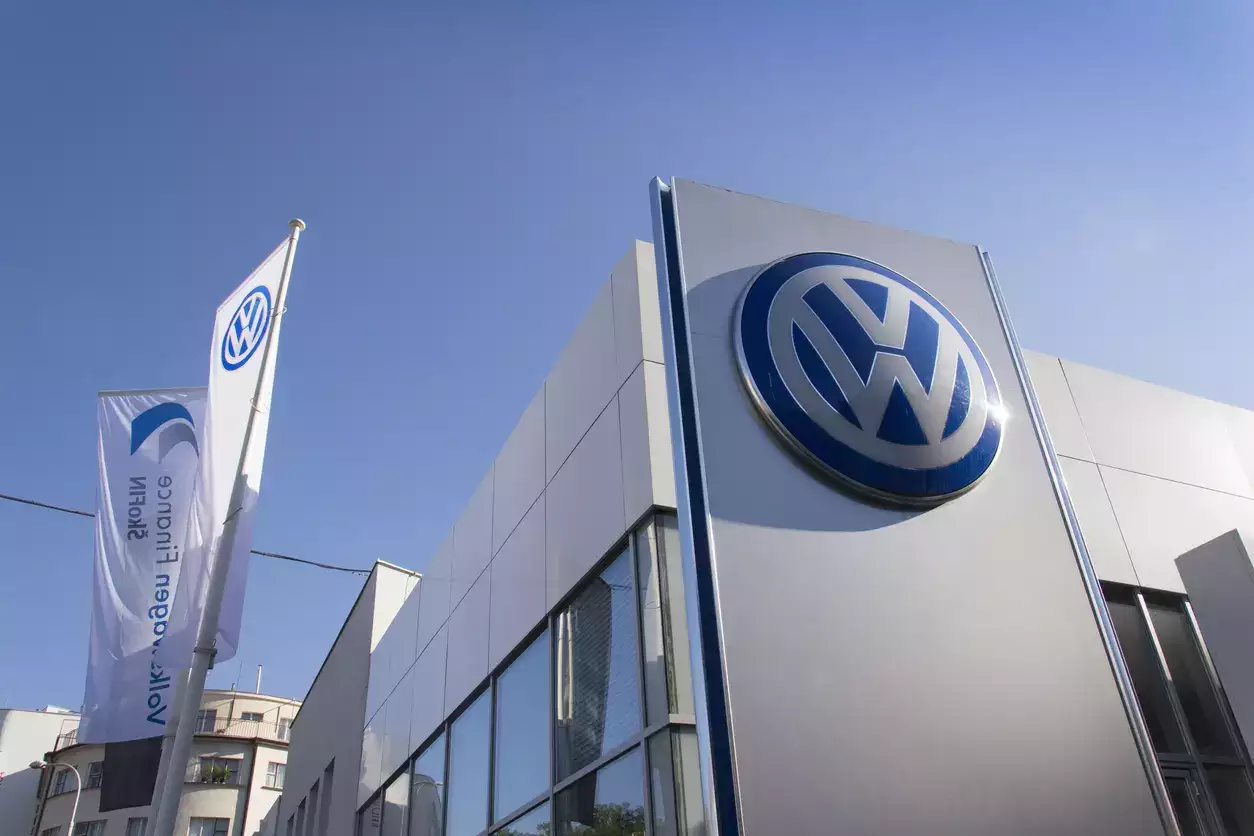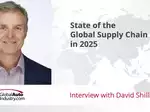VW union proposes USD 1.6 bn of cuts, but no plant closures

The proposal comes a day ahead of a third round of crunch talks between workers and management over pay cuts and factory shutdowns in Germany in the fiercest dispute in years at Europe's biggest automaker, which - like other German industrial giants - is reeling from high costs and Chinese competition.
The IG Metall union, arguing the company was trying to push through more than 17 billion euros in cuts, said its offer was also contingent on stakeholders, including Volkswagen's controlling Porsche and Piech families, pitching in.
In an internal memo posted to Volkswagen's intranet and reviewed by Reuters, the carmaker's board member for human resources said management welcomed that unions were open to measures tackling labour costs and capacity, but added that factory closures still could not be ruled out.
"Every suggestion which contributes to achieving our goals helps," Gunnar Kilian said. "We will go into a detailed exchange in the negotiations on Thursday to make a financial assessment of the suggestions."
Thorsten Groeger, who leads negotiations for the IG Metall union, said that if management insisted on closures - a first for Germany in the group's 87-year history - Volkswagen workers would enter a conflict with the company "the likes of which this republic has not seen for decades".
The union's proposal included forgoing bonuses for 2025 and 2026, among other savings.
Complex governance, misjudged investments, poor management decisions, weak demand in Europe and China, high costs, and Germany's crippling bureaucracy have all variously been blamed for Volkswagen's problems in its home market.
Executives have said they do not expect the drop in demand for cars in Europe since the pandemic to return, leaving the company with excess and expensive production capacity.
On Wednesday, works council chief Daniela Cavallo said it was not blind to the market changes, but that overcapacity could be tackled without shedding jobs.
IG Metall proposed using the money from wage increases it is demanding to instead create a fund that would finance temporary reduced working hours in areas of the business suffering overcapacity.
"The Group's finances are not yet in the red, like they were in crises in the 1970s and 1990s," Groeger, the union's chief negotiator, said. "We can see room to take action and make investments to correct the expensive mistakes of the past."
Strikes at the majority of the carmaker's German sites are possible from December 1.
Volkswagen has said deep cuts at its core VW brand are needed to make it fit for the future, including a 10% pay cut for workers at the sites.
An internal memo drawn up by Volkswagen's works council, reviewed by Reuters, shows the company spends a higher proportion of sales on labour costs than major rivals.
"The problems that we have are not created by the workforce and will not be solved by only looking at labour costs. Yet we are ready to make a contribution with what we have laid out here today," Groeger said.

